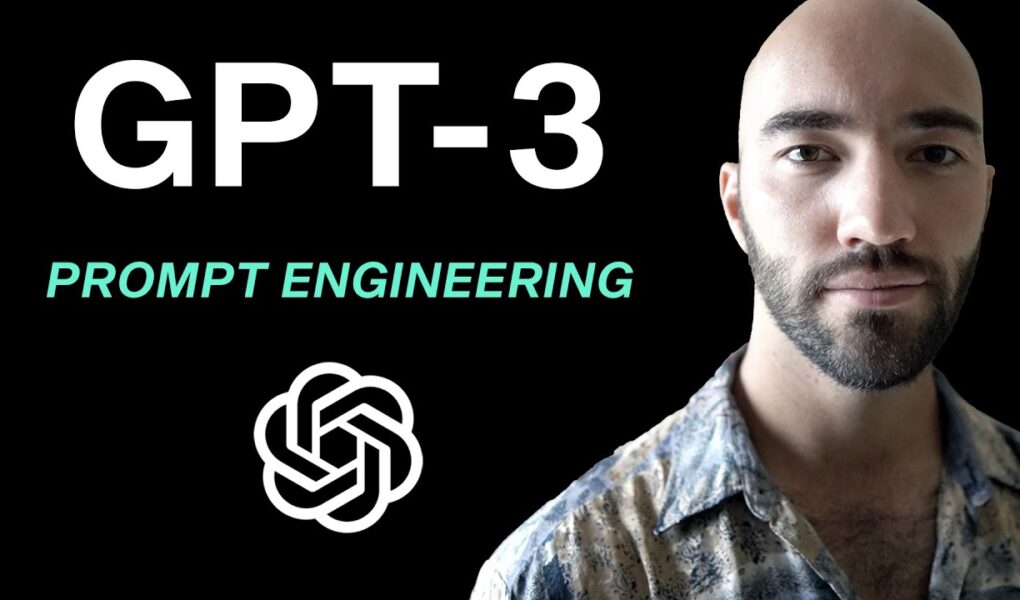James Briggs
In this video, we’ll talk about how to build better prompts for OpenAI’s GPT-3, Cohere LLMs, and open-source LLMs (like those on Hugging Face). We’ll treat prompt engineering as a mix of engineering and artistry, using rules of thumb from OpenAI, Cohere, and others.
All of these models are large language models (LLMs) capable of doing a huge range of tasks. Prompt engineering is the key to applying these models to different use cases.
📌 Code Notebook:
https://github.com/pinecone-io/examples/blob/master/learn/generation/prompt-engineering.ipynb
🌲 Pinecone Gen AI Examples:
https://github.com/pinecone-io/examples/tree/master/learn/generation
🎉 Subscribe for Article and Video Updates!
https://jamescalam.medium.com/subscribe
https://medium.com/@jamescalam/membership
👾 Discord:
https://discord.gg/c5QtDB9RAP
00:00 What is Prompt Engineering?
02:15 Anatomy of a Prompt
07:03 Building prompts with OpenAI GPT 3
08:35 Generation / completion temperature
13:50 Few-shot training with examples
16:08 Adding external information
22:55 Max context window
27:18 Final thoughts on Gen AI and prompts
#artificialintelligence #openai #gpt3 #deeplearning #nlp
